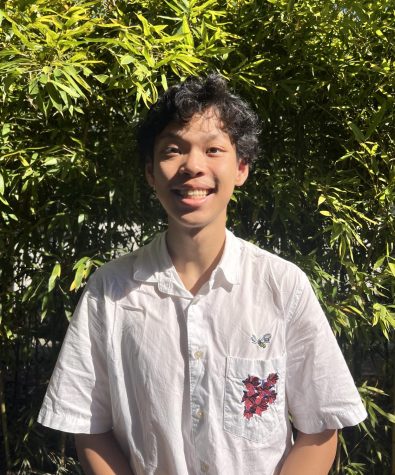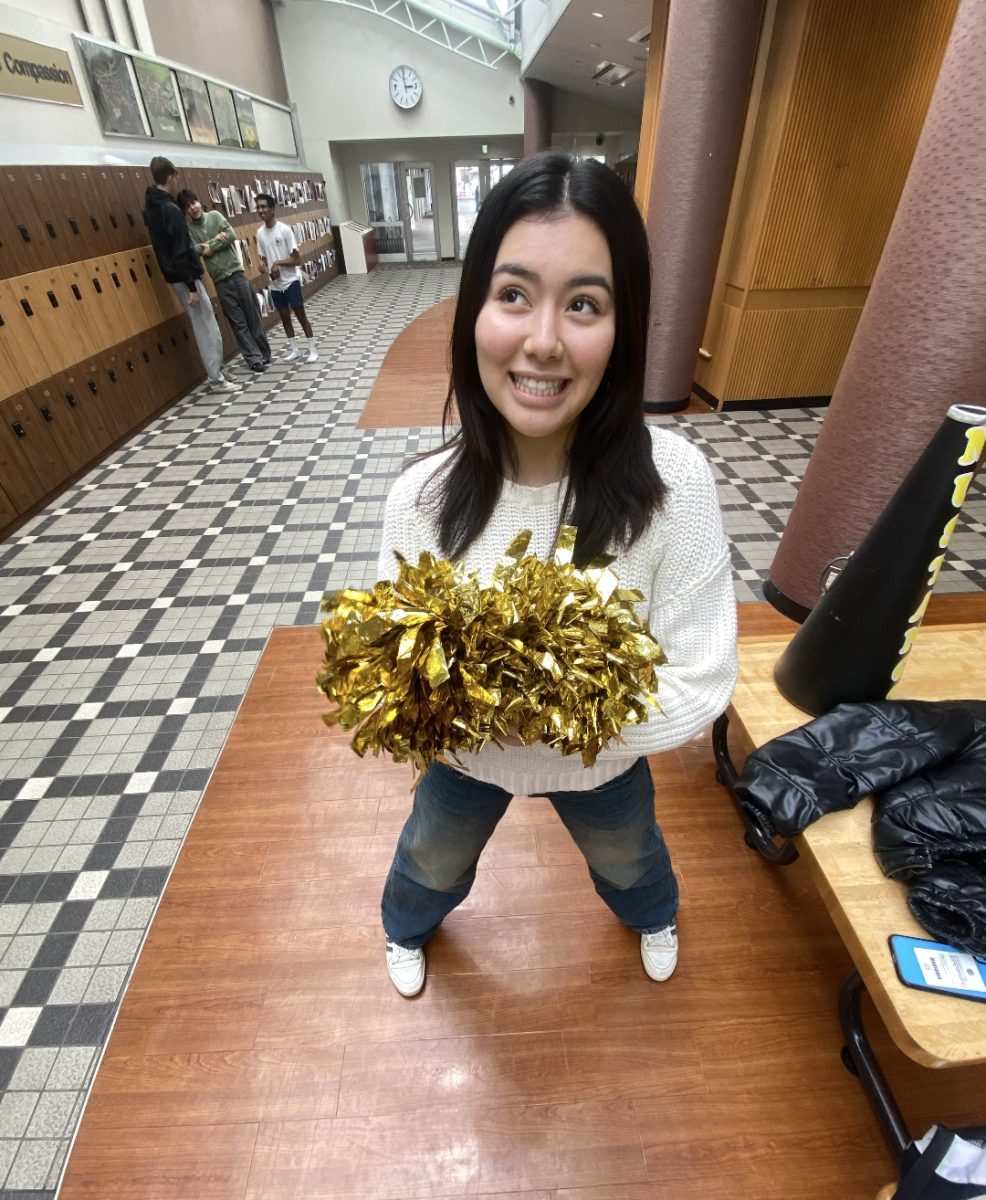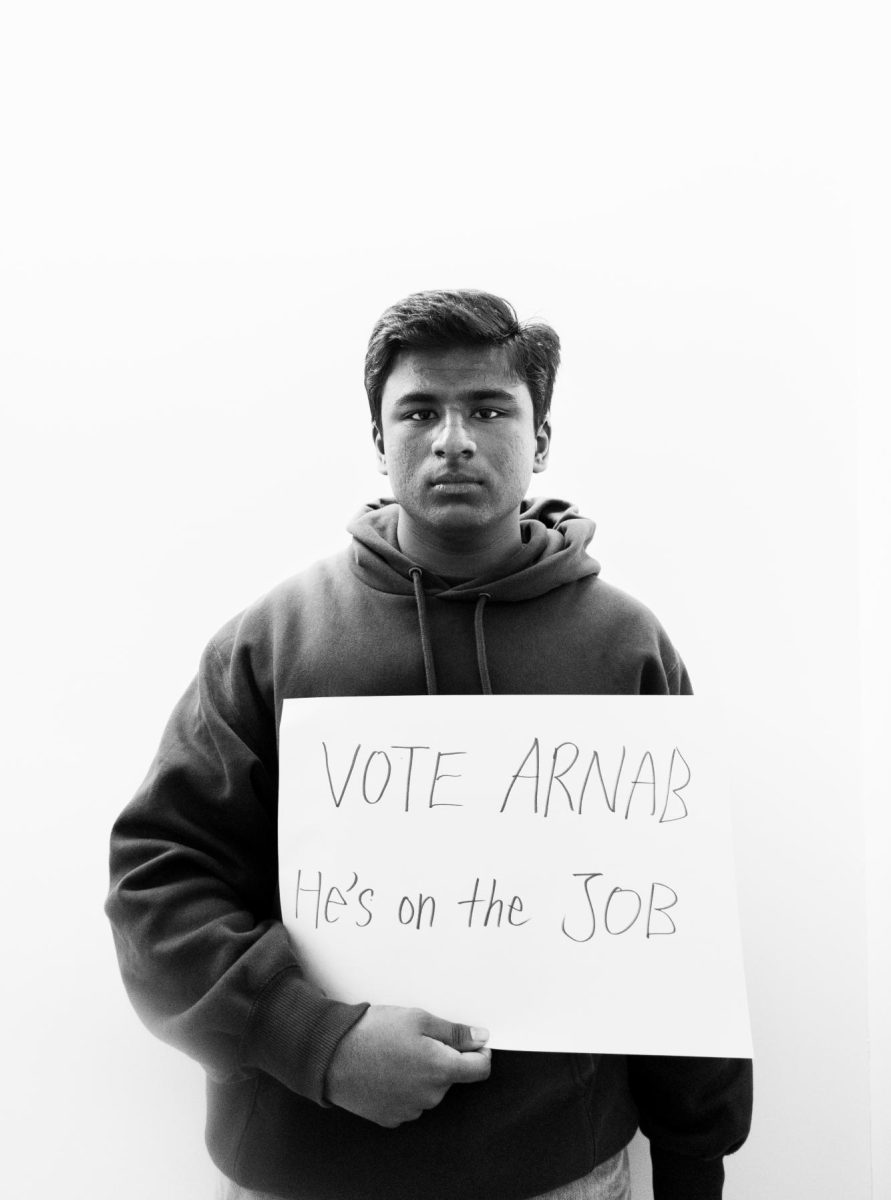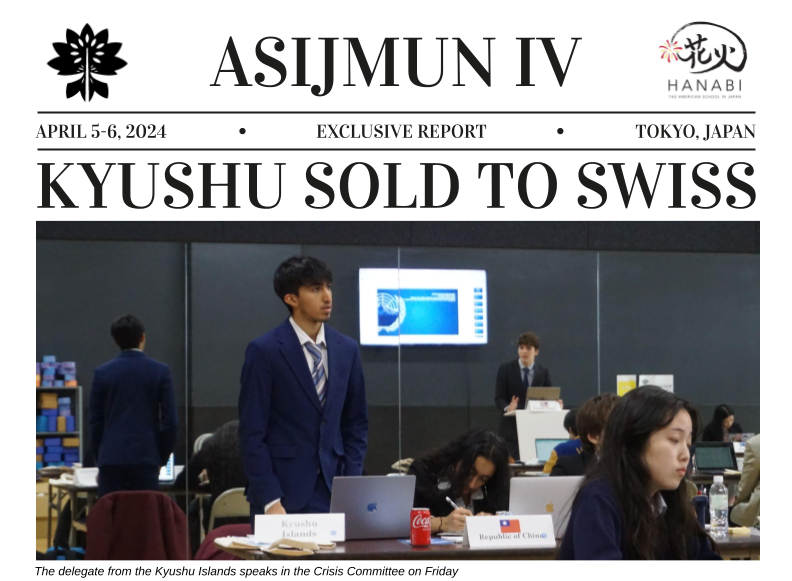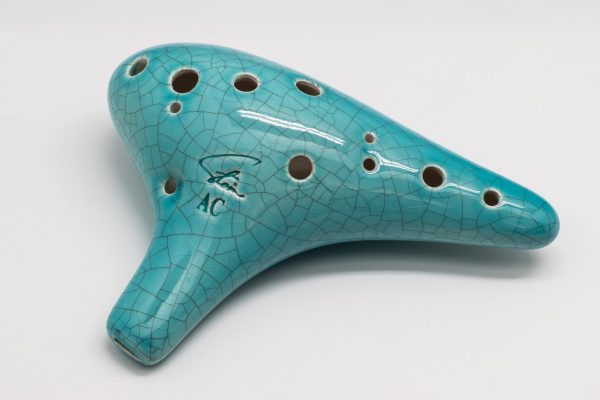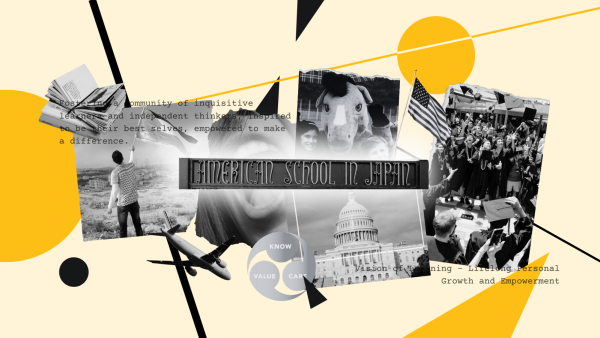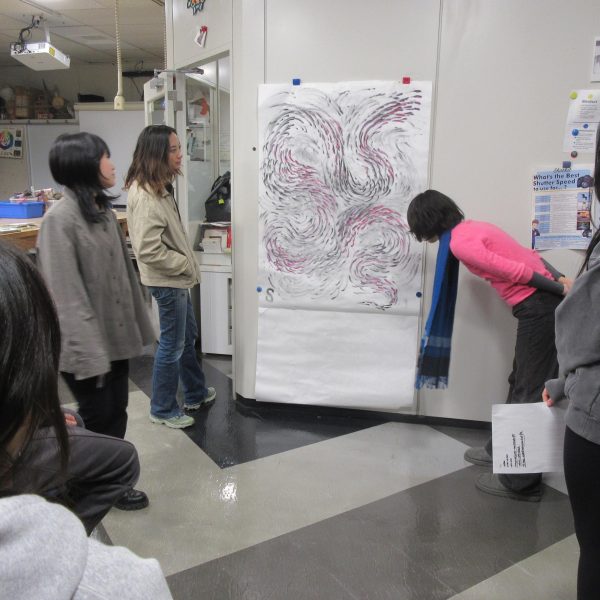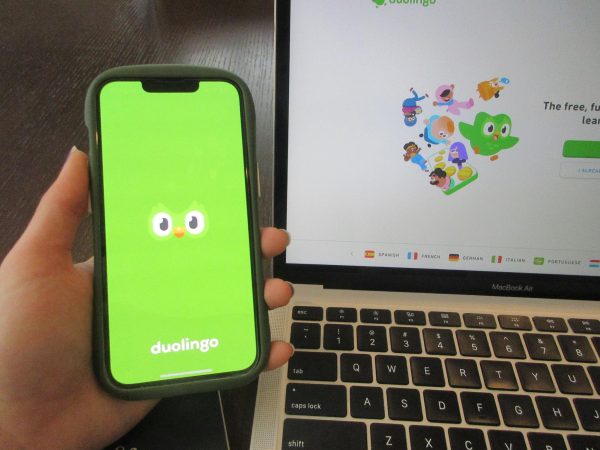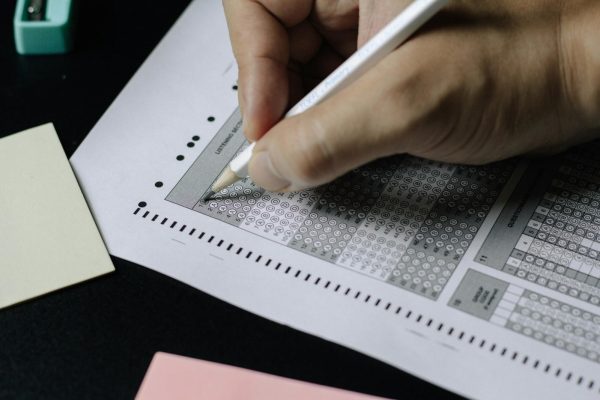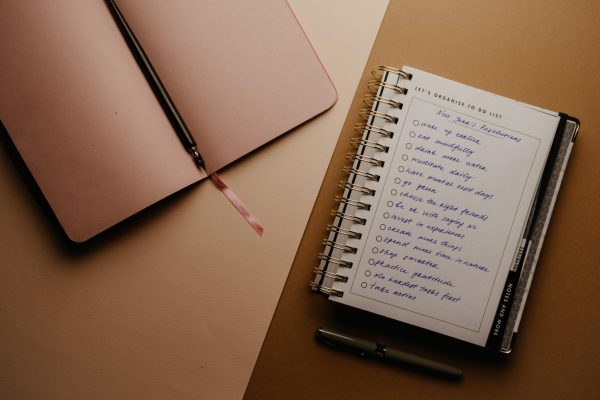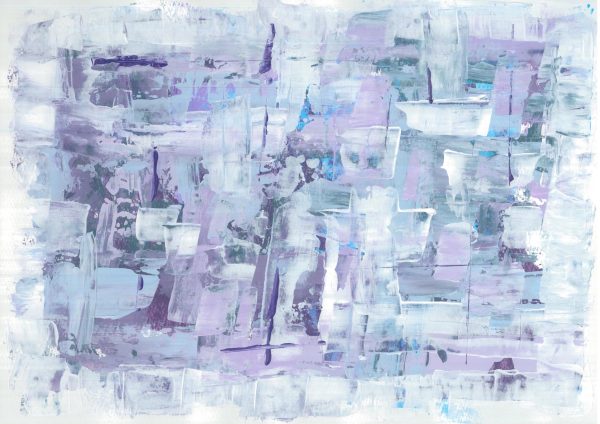To P or not to P?
March 16, 2022
🅿️. The gleaming, blueberry-tinged phenomenon that has swept the world by storm. Since January, this emoji has surfaced in our social media, monetary interactions, and daily conversations. “Hey, you’re looking 🅿️ today!”, or “Keep pushing that 🅿️!” riddle the school hallways. When discussing finance, students refer to money as “🅿️.” Just yesterday, an Instagram post appeared in my feed that was captioned: “🅿️ or nothing.” (Why the post-er put it under a picture of him and his Labrador Retriever, I beg to question.)
So what is 🅿️? To answer this question, I must explain three key components of the hieroglyph: definition, intention, and philosophy. Contrary to popular belief, 🅿️ isn’t a mere flash in the cultural pan, but the decade-long culmination of a global culture in the making. Specifically, it represents the world’s current generation of youth—one that is brimming with 🅿️ride and 🅿️otential.
To begin, 🅿️ does not have a singular definition. Sergio Giavanni Kitchens—the rapper “Gunna” and creator of 🅿️—explains this best:
“🅿️ can mean player. 🅿️ can also mean paper [money],” he explains. “If you hold the door for a lady, that’s 🅿️. Arguing with your partner about money ain’t 🅿️. We ain’t doing that. We’re pushing 🅿️.”
Essentially, 🅿️ can be defined as an admirable person, or money, and can even act as a complimentary adjective. Through its clean-cut versatility and feature in Gunna’s hit song (“Pushin 🅿️”), the phrase has resonated worldwide. Stylish, cool, and positive—🅿️ is arguably, a work of genius by Kitchens.
However, the nuances of using 🅿️ can be confusing, which is why its intent remains consistent across all definitions. All users of this blue rune must abide by the same mindset—to compliment one’s own or another individual’s status. This goes beyond crediting a friend’s financial success: when one compliments another for “pushing 🅿️,” they are praising them for their mental, spiritual, and emotional wellbeing as well. It is a simple, but deep way to establish an eternal connection with a comrade.
But 🅿️ can also be wielded as a weapon. While often used as a compliment, the phrases “you’re not pushing 🅿️” can achieve equally awesome devastation. 🅿️’s depth of definition means that an insult doesn’t merely bruise a target’s ego: it strikes directly at their financial, social, mental, and emotional flaws. To label somebody as “un-🅿️” is to brand them a loser, in the most shameful, humiliating way possible. Under a topsoil of 🅿️ositivity, the seeds of discord have even begun sprouting at ASIJ. The brash handling of 🅿️ has split our friends, our school family, dividing the community.
On a serious note, 🅿️’s emphasis on brotherhood is indeed, worrisome for communities. When Gunna breathed life into the emoji, he instilled it with a philosophy of mutual praise and positivity–exclusive to men. In the lyrics of “Pushin P,” women are characterized as submissive, hypersexual, and unintelligent. One line highlights this in particular, when Gunna warbles: “Bossing your b***h up is 🅿️.” Ironically enough, ASIJ’s female students have also taken to reciting “Pushin 🅿️”’s questionable lines, pointing at how deeply the song has seeped into adolescents. Hearing this anthem of misogyny being chanted in the schoolyard, hiding under the facade of “positivity,” cannot be good.
Gunna’s objectification of women, however, is arguably a habit conditioned into him by the hip-hop/rap industry. For 50 years, rap has mostly portrayed women as prostitutes or housewives. Gunna likely didn’t even consider his lyrics questionable: so ingrained is objectification in rap that a single song can contain 122 slurs and be streamed globally (Berkeley Political Review). Even with the recent surge in female artists (Cardi B, Megan Thee Stallion, and more), the hip-hop industry is still mainly composed of men. Male rappers such as Gunna are usually the ones reaching out to young listeners, and in turn, spreading a message of ostensibly positive misogyny. No song proves this more than “Pushin 🅿️.”
Pushing 🅿️ can be a way to better one’s lifestyle, or praise somebody else. But pushing 🅿️ can also mean pushing the limits of gender and rights. As a double-edged blade that can spread both positivity and hurt, it is a symbol that must be wielded with great caution and care. Otherwise, the consequences may not be 🅿️retty.


